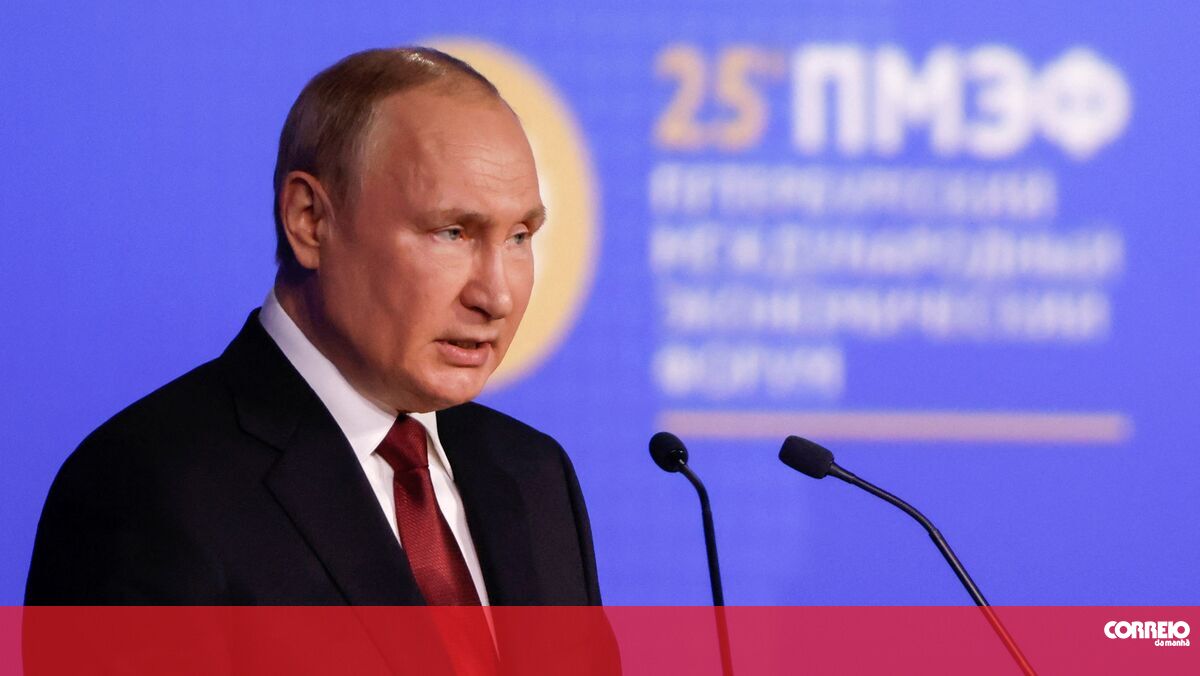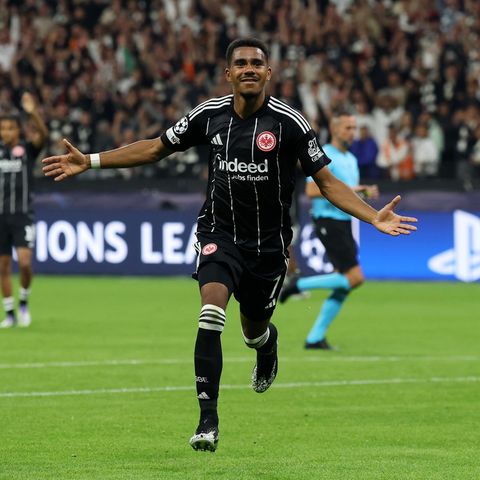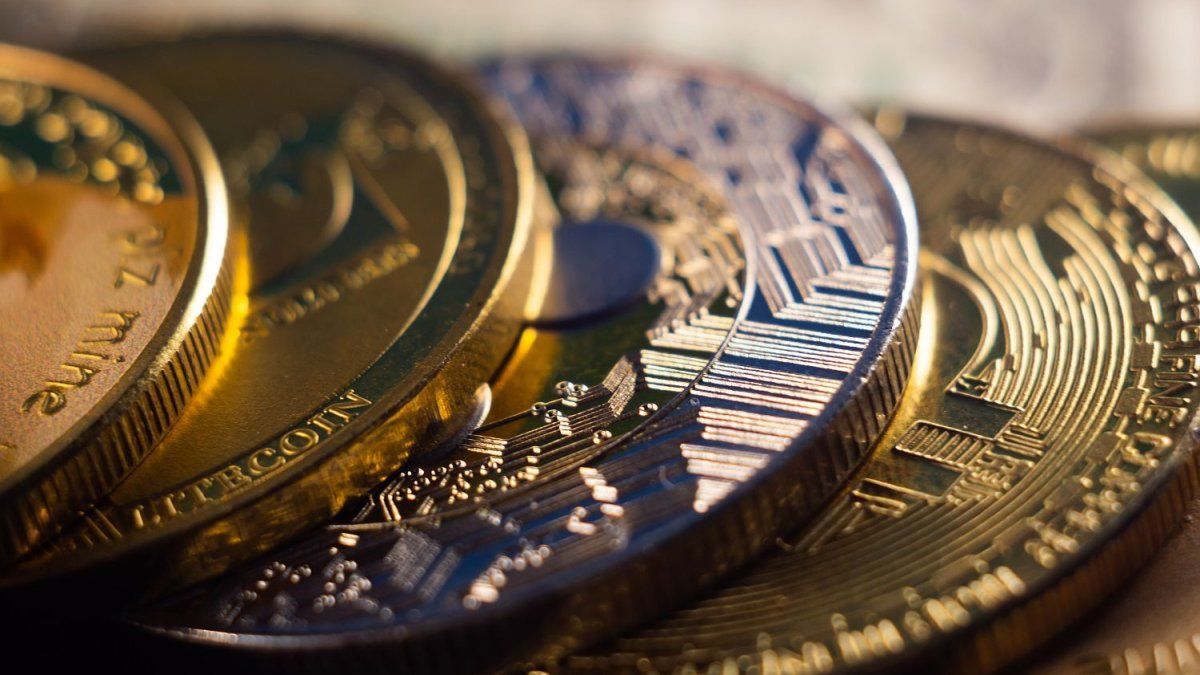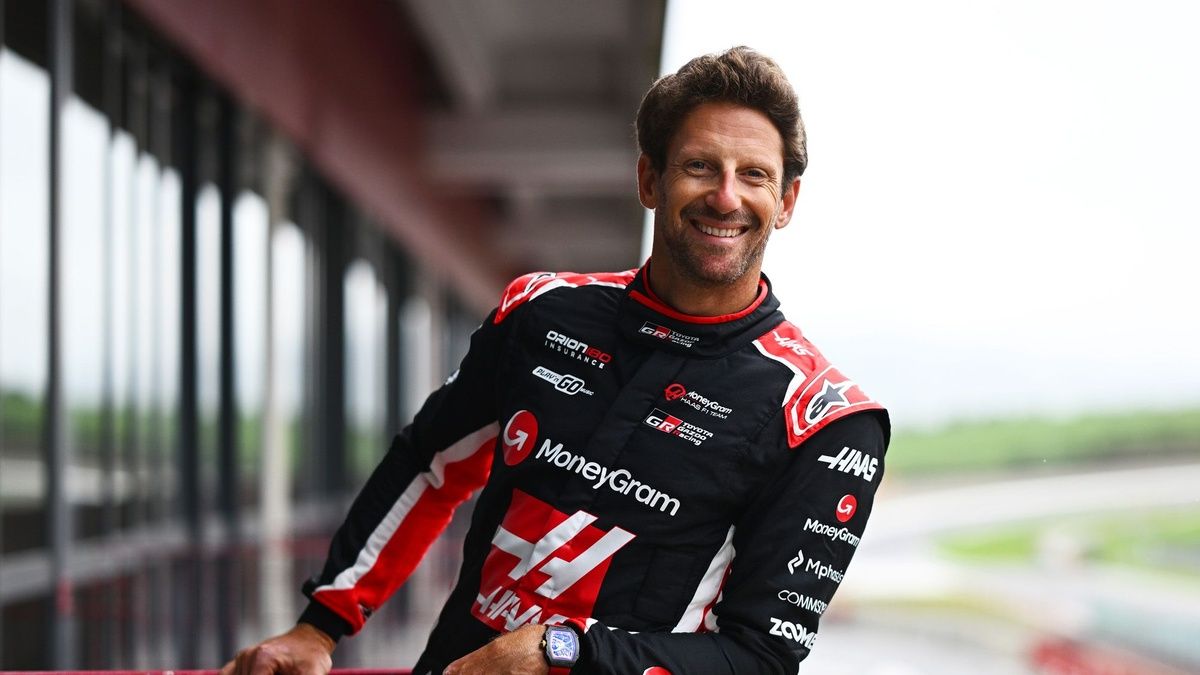Russian President Vladimir Putin on Wednesday questioned the condition of a repaired Nord Stream 1 gas pipeline turbine in Canada, heightening uncertainty about future Russian gas supplies to European countries.
The Siemens turbine is seen by Moscow as essential to the proper functioning of the gas pipeline that supplies Germany and Europe, which is currently closed for maintenance due to be completed on Thursday.
Canada, where it was sent for repairs to the German group’s plant, has returned the turbine to Germany, but the timing of its delivery to Russia remains uncertain.
“They say they (the turbines), at least one of them, will be returned. But under what conditions will they be returned? What will be the technical parameters after the repair?” Putin asked, quoted by TASS, adding: you just have to turn it off at some point, and then Nord Stream 1 will stop.”
The comments of the head of the Russian state reinforce the Europeans’ doubts and fears about gas supplies in the near future.
One of the scenarios already outlined is that Moscow is using a technical problem discovered during maintenance as an excuse for not resuming supplies via Nord Stream 1 and thereby putting pressure on European countries in the context of the conflict in Ukraine.
Prior to the shutdown of Nord Stream 1, Russia had already cut supplies drastically in recent weeks, citing a shortage of Siemens turbines.
On Wednesday, Putin also accused Canada of delaying the delivery of a repaired turbine in the hope of increasing sales of its own gas to Europe.
“Motives (of Canada) are related to its desire to enter the European market, as it wants to develop its own gas production in the country. That’s right,” the President of Russia said.
The turbine dispute was cited by Berlin as a “pretext” for Russia to cut off supplies, and the European Union (EU) accused Moscow of using the gas “as a weapon”.
Difficulties with supplies through the Nord Stream 1 gas pipeline arise at a time when European countries are trying to build up their gas reserves for the winter. In this context, EU member states are trying to diversify their gas suppliers by turning to the US, Qatar, Azerbaijan and other countries.
Author: Lusa
Source: CM Jornal




